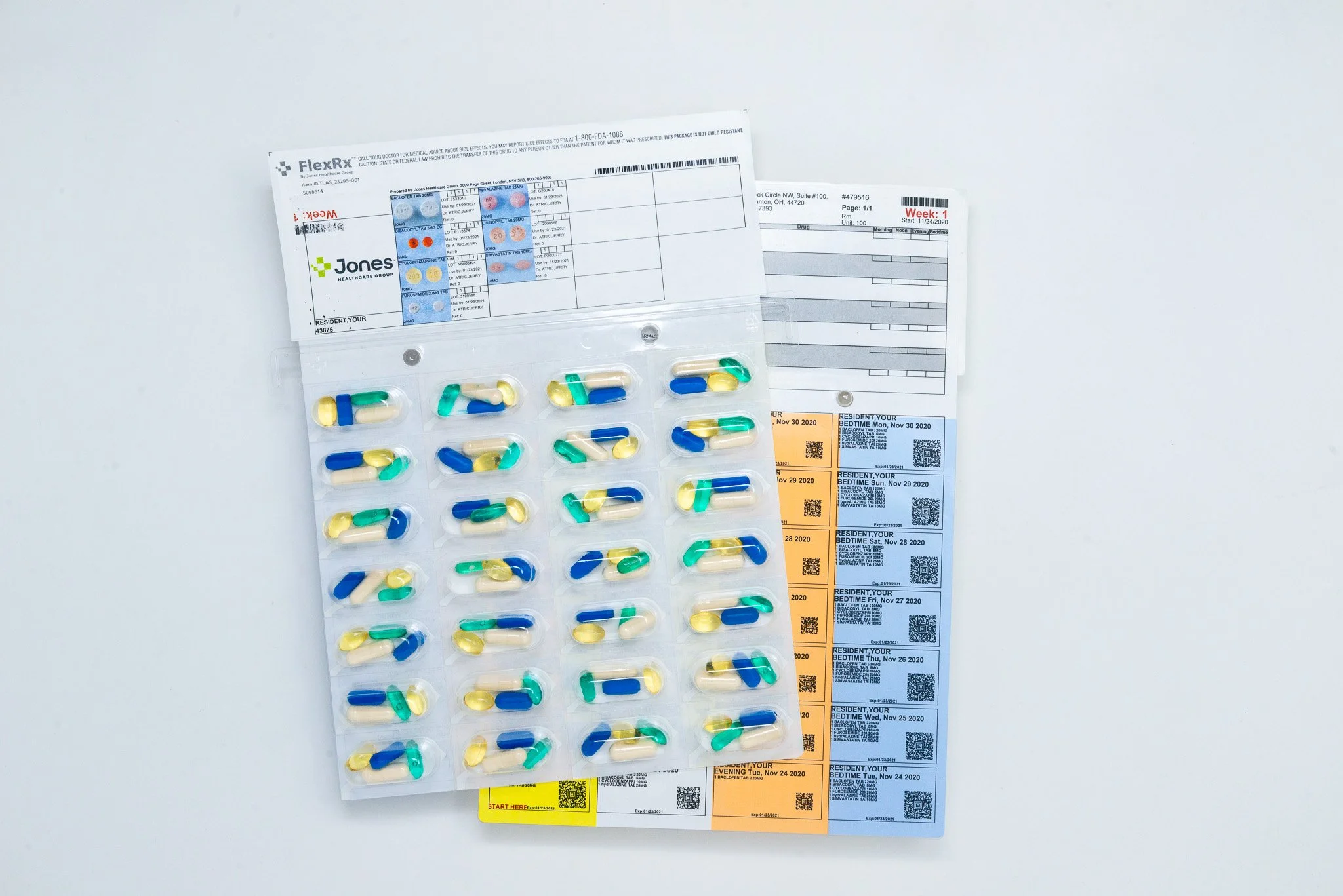
The Solution
Improving medication adherence requires more than reminders and good intentions—it requires practical, evidence-based support that helps patients take their medications safely, consistently, and with confidence.
Adherence challenges are often rooted in system-level issues (such as regimen complexity, fragmented refill schedules, and limited follow-up) as well as individual factors (such as cost, memory, understanding, or concerns about treatment). Effective solutions must address both.
A growing body of research demonstrates that the most reliable and scalable improvements in medication adherence come from three interconnected areas:
1.
Pharmacy-Led Support
Pharmacists play a critical role in helping patients understand their therapies, resolve barriers, and maintain consistent use. Interventions such as medication therapy management (MTM), synchronized refills, counselling, and ongoing monitoring have been shown to significantly improve adherence and persistence across chronic conditions.
Professionally prepared blister packs—organized by day, dose, and time—reduce regimen complexity, support memory and routine, and help patients avoid skipped or duplicated doses. Evidence shows blister packs outperform pill organizers and standard vials, especially for individuals managing multiple medications or who struggle with consistency.
Adherence Packaging
2.
Proven Outcomes From Blister Packaging
3.
Over the past two decades, adherence packaging has been evaluated across chronic disease, oncology, hypertension, mental health, substance use disorder, geriatrics, and low-income community settings. Studies consistently show improvements in adherence, persistence, clinical outcomes, and in many cases, meaningful reductions in healthcare utilization and cost.
A Scalable, Patient-Centred Approach
Together, pharmacy support and adherence packaging form a patient-centred model that addresses both behavioural and structural barriers to medication-taking.
These approaches work because they are:
Simple — easy for patients and caregivers to use
Scalable — effective in large populations
Evidence-backed — supported by dozens of clinical, economic, and observational studies
Customizable — adaptable to different conditions, regimens, and patient needs





